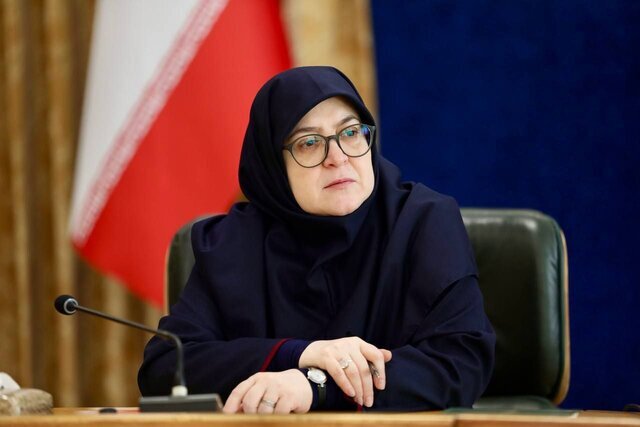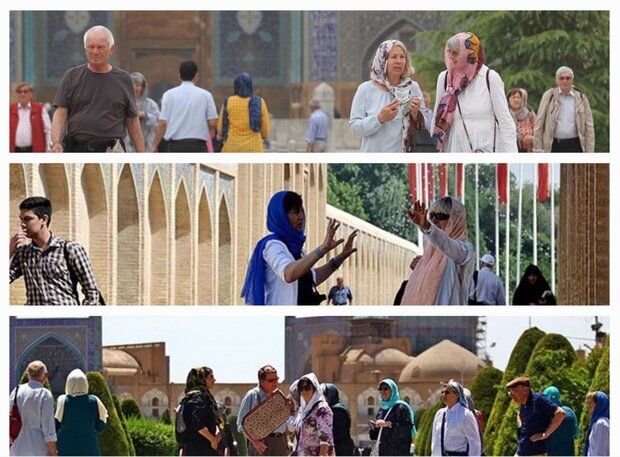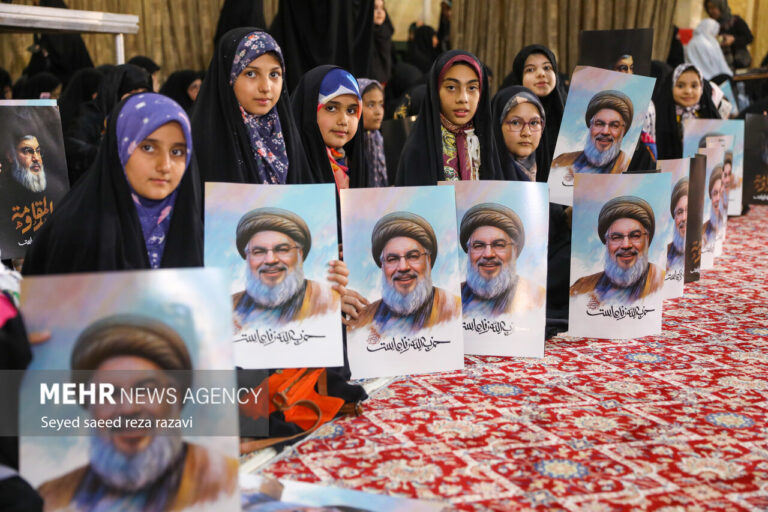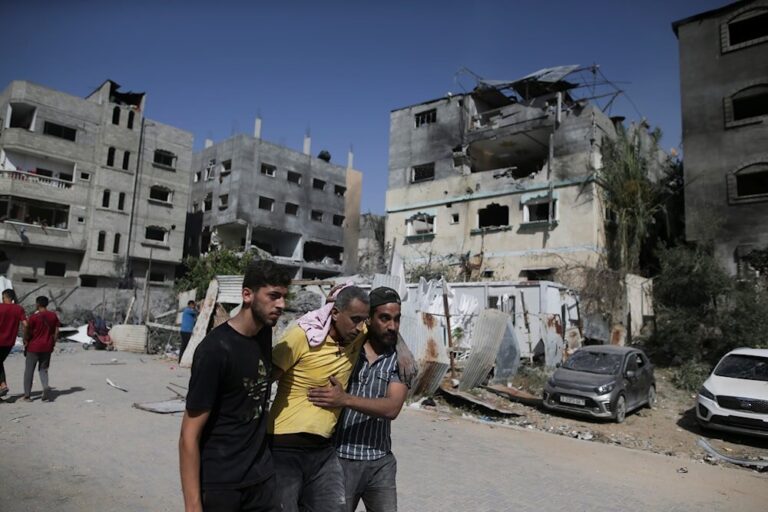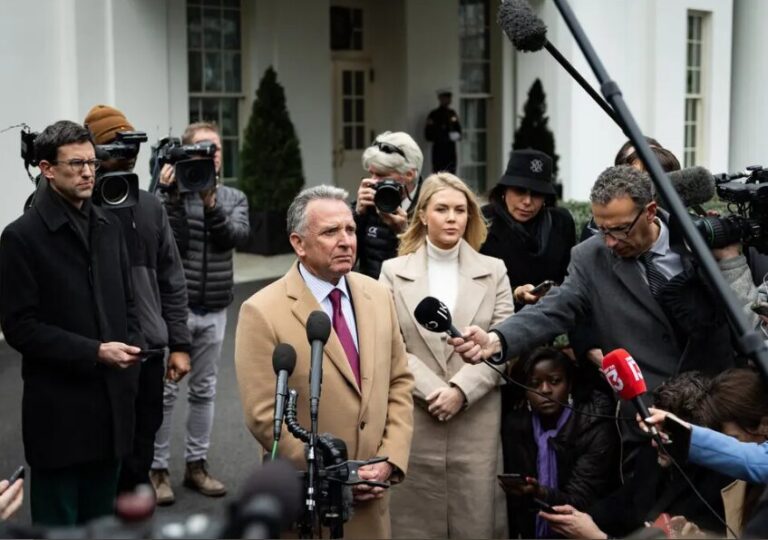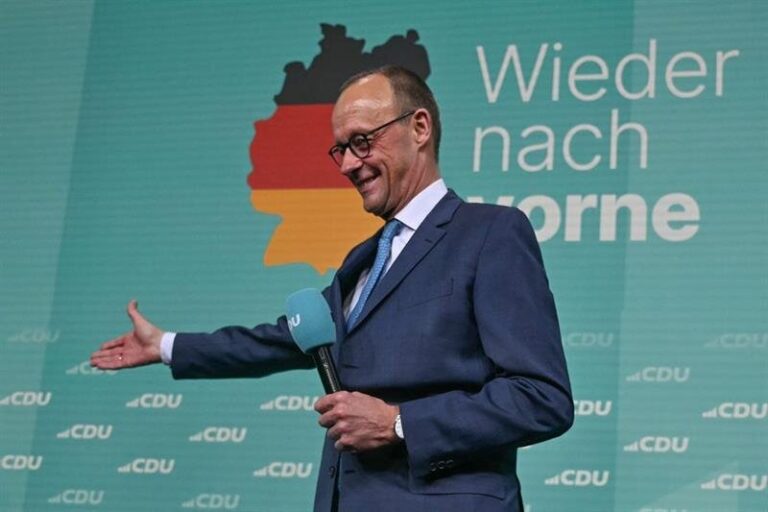Iran Stands Firm: Rejects Dishonorable Negotiations with Unyielding Resolve
On Saturday, Iranian official Mohajerani shared a significant update on the ongoing diplomatic efforts with Europe via the social media platform X. He emphasized that the Iranian government remains committed to engaging in talks with European nations, while firmly stating, “In circumstances where negotiations are dishonorable, Iran will not give in to them.” This statement highlights Iran’s stance on maintaining its dignity in international negotiations, particularly concerning the situation with the United States.
The context of Mohajerani’s remarks seems to reflect the complexities surrounding direct negotiations with the administration of former US President Donald Trump. Since assuming office on January 20, Trump has expressed a desire to “make a deal” with Iran. However, recent developments indicate a shift in strategy, particularly with Trump signing a presidential memo that reinstates his “maximum pressure” campaign against the country.
During his first term, Trump initiated this aggressive policy after withdrawing the United States from a historic nuclear agreement with Iran. This move was coupled with the re-imposition of stringent economic sanctions aimed at crippling the Iranian economy. The repercussions of these sanctions have been significant, leading to heightened tensions between the two nations.
In a related statement on Friday, Ayatollah Seyyed Ali Khamenei, the Leader of the Islamic Revolution, expressed his views on the futility of negotiations with the US. He stated that past experiences have shown that engaging in dialogue with American officials is neither “wise” nor “honorable.” This declaration reflects a broader sentiment within the Iranian leadership regarding the trustworthiness of US diplomatic efforts.
- Continued Talks with Europe: Mohajerani’s message reinforces Iran’s intention to pursue discussions with European countries despite the challenging geopolitical landscape.
- US Negotiation Stance: The Iranian government asserts that it will not compromise its principles in negotiations that they deem disrespectful.
- Trump’s Maximum Pressure Campaign: The restoration of this campaign signals a toughened approach from the US administration, complicating potential diplomatic resolutions.
- Khamenei’s Warning: The Iranian leadership cautions against the trustworthiness of US negotiations, suggesting that past dealings have proven unproductive and dishonorable.
The Iranian leadership’s perspective is shaped by a long history of interactions with the US, characterized by suspicion and skepticism. The notion that negotiating with the US is unwise may stem from a variety of factors, including the perceived instability of US foreign policy and the historical context of sanctions and military interventions in the region.
As tensions continue to rise, the Iranian government appears to be taking a firm stance against what it views as coercive diplomacy. The implications of this strategy could have far-reaching consequences for both Iran and its relations with Western nations, particularly in the context of efforts to address nuclear proliferation and regional security.
In light of these developments, analysts are closely monitoring the situation to gauge how Iran’s diplomatic posture will evolve in response to ongoing pressure from the US and its allies. The ability of European nations to mediate and facilitate dialogue may become increasingly important in the coming months as the Iranian government seeks to navigate these challenging waters.
To summarize, the Iranian government’s commitment to maintaining its dignity in negotiations, particularly with European countries, contrasts sharply with the aggressive strategies employed by the US administration. As both sides gear up for what could be a tumultuous period of diplomacy, the potential for constructive dialogue remains uncertain.
As the world watches these developments unfold, the broader implications for international relations and nuclear non-proliferation efforts will undoubtedly remain a focal point for policymakers and analysts alike.
